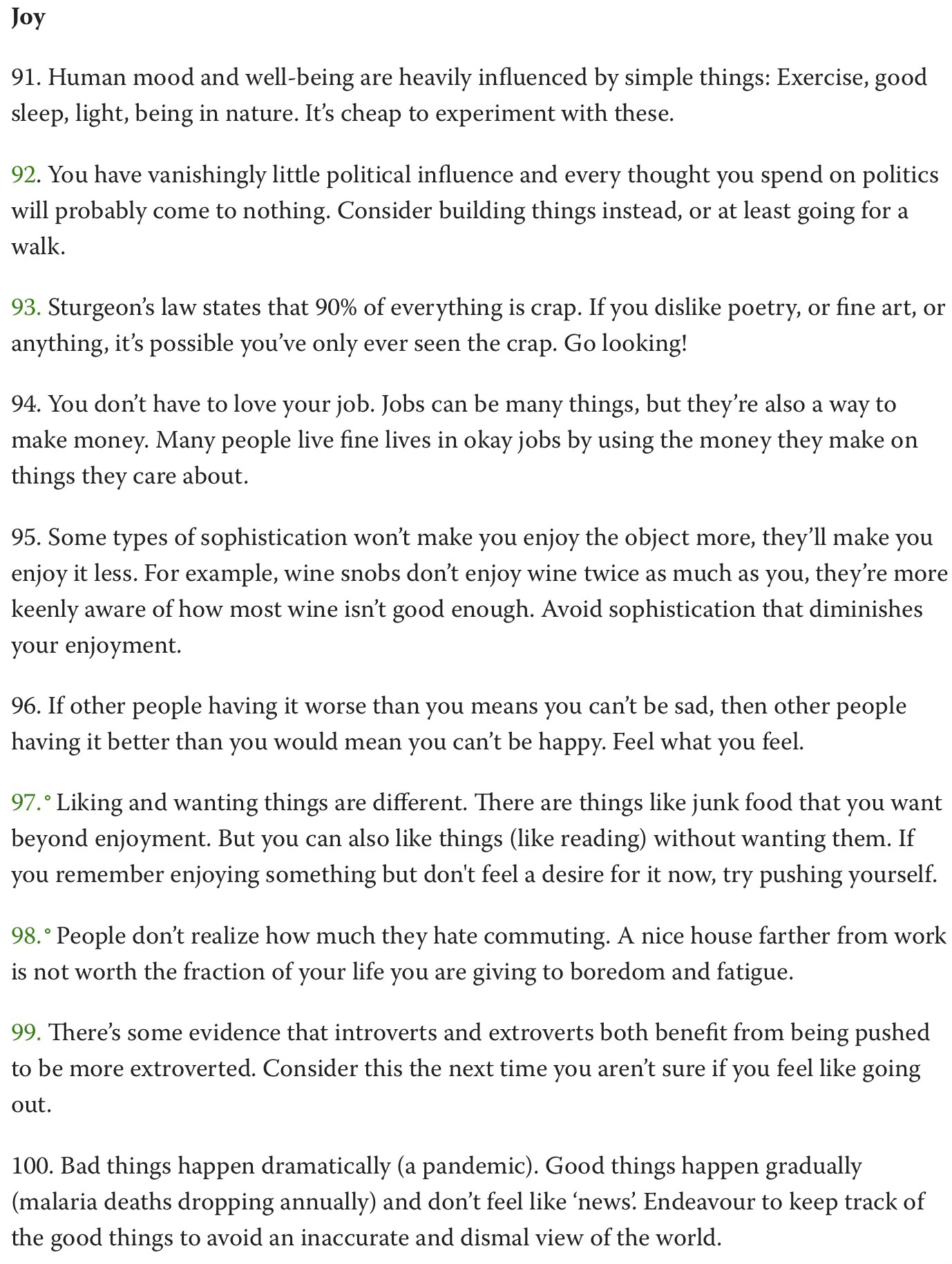I’m writing this on the six-week anniversary of giving myself a running injury1. I’ll be sharing my injury experience on my sister site.
Today, I want to pass along a life lesson I (re)learned from my injury.
A Sophisticated Allocation of Effort
Story Time...
I spent the 1990s working in private equity. That period of my life was split between London and Hong Kong. The job, my peers and the environment was a lot of fun. My European and Asian bosses were absolute characters. I learned a stack of life lessons from both of them.
Similar to our colleagues in Italy, my Hong Kong boss had a tradition of taking the summer off.
In the 1990s, finance involved a lot of paper. You would not believe the paper we generated and nobody received more paper than my boss. His inbox was always stacked high. Frankly, he wasn’t interested in paper. He was a people-person and loved talking on the phone.
Once I figured out this aspect of his personality, I generated a lot less paper and started calling him (from within the office). Needless to say, our relationship improved after I learned how he liked to work.2
One summer, he left on his summer trip. That year he split his time between San Francisco and London with time spent racing Ferraris in Europe.
Each week, his stack of paper grew taller. While the stack grew, if something serious came up, we’d track him down for input. By the time he returned there was a mountain of paper on his desk. It was ridiculous.
Upon his return, I wandered into his office and he was working through his stack with a HUGE smile on his face.
I couldn’t figure it out.
At the time, I struggled to go home at night if there was a single thing left undone on my to-do list.
He explained…
It’s wonderful.
80% of this shit worked itself out over the summer.
Almost all of his pile was going straight to the trash.3
Anything truly urgent had been dealt with by one of us tracking him down.

So Much Wasted Effort & Emotion
What are the lessons for you, and me?
Very little of what we pay attention to can be influenced. Of the small set of items (outside of our own lives) we can influence, most of them will work themselves out with zero input from us.
If you think deeply then you will find situations where your input has made things worse. This is not always the case (!) but you should be sensitive to, and address, domains where you are clueless and ineffective. We all have them.
If you believe what I wrote then… Do your actions (and emotions) support that belief?
This lesson has been foundational to my parenting. To be an exceptional teacher (and leader) we must have the courage to let things go wrong.4 Things will usually NOT go wrong. If they do go wrong then you’ll be able to see where you need to take action.
If you are a Type-A, hard charging, go getter… then you may be like my younger self... Beavering away, clearing my inbox and being highly productive worked well for my younger self. But I was at risk for making myself, and everyone around me, less productive. In relationships, I created unnecessary friction.
The solution is to (re)learn the lesson. My boss made the lesson salient every year by taking his vacation, letting things go wrong and always knowing exactly what he wanted.5
The first lesson concerned influence, allocation of effort, share of mind and reducing wasted emotion. Ideally, as we age, we should be getting more sophisticated with all of these components.
Signal vs Noise — Noise vs Setbacks
The next lesson concerns timeframe.
I know this situation feels serious and I can see you want to take action.
However…
Is this “thing” even a thing?
A wonderful lesson from Taleb is that all systems contain noise.6 Let’s combine Taleb’s observation with the knowledge that setbacks are inevitable.
Take my recent injury for example…
How long will it take to see if what we are experiencing is a setback or noise?
Initially, I thought my injury was noise. Eventually, I realized I was dealing with a setback.
Most things in our lives are the other way around. Someone, or something, gets our attention and we are worried we will experience a setback. Turns out the situation was simply noise. Read old news magazines to make this salient. We have to make an effort here because our memories for the issue-of-the-day are not great.
Here is a simple system for helping you sort signal from noise.
Timeframe Relative To Scale of Decision
For seemingly small items, I use a 30-day test.
Coffee, anger, raising my voice, alcohol, bread… each of these started as a 30-day test.
A few of these small decisions have had large downstream effects.
For major decisions, I will wait up to six months.
For family strategy changes, my timeframe is years and decades.
You’ll find a good description of the above in Shane Parrish’s book, Clear Thinking. Shane writes about different types of decisions.
Thing is, reading the book won’t change your life. We need to take the tips in the book and implement them into systems we apply in our lives. The 30-day test is a good place to start.
Where does the six weeks come in?
If you embrace what I’ve explained then, the next time you feel agitated/nervous/anxious, make a note in your calendar for six week’s time.
In six weeks, if the issue persists then it’s time to formulate your action plan.
Write down what you are going to do. You must write down YOUR actions because it is OUR current habits that generate most of our problems.
If you find your calendar is packed with a long list of irritations then the problem isn’t the problem. The problem is where you are focusing your attention.
The solution rarely lies outside of our own actions.7
This is being published a further month along. I’m doing great.
The equivalent today would be to drop the needless email and get face-to-face with the most important people in your life. Have fun with them and share experiences. I’m guessing that was what my boss was doing on vacation. I’m not sure because I was working at the office…
You should be relentless with saying no thank you, unsubscribing and deleting non-core aspects of your life.
Is there a chance of death or permanent injury?
If yes, intervene.
If no, continue to monitor.
Another boss lesson. Assume you are going through your life with a six-shooter. Whenever you are in a meeting, before speaking, consider if this is a situation where you want to use one of your bullets. Remember… you only have six bullets total, not per meeting.
This is similar to advice that our lives are heavily influenced by the interaction of chance with a handful of decisions:
spouse,
daily exercise,
geography,
college major,
substance use,
closest peers and
career.
To that list of decisions, I would add attention. Nothing has a greater impact than where we decision to focus our attention.
Book Taleb is my favorite Taleb. The lesson about noise is explained in his first book (Fooled By Randomness). See the section that explains how checking our portfolio too often will make us miserable and lead to underperformance.
Also see his advice about constantly staying informed with the news. 20+ years along from reading that book, I’ve updated my information funnel. I’ll share that system in a future article.




